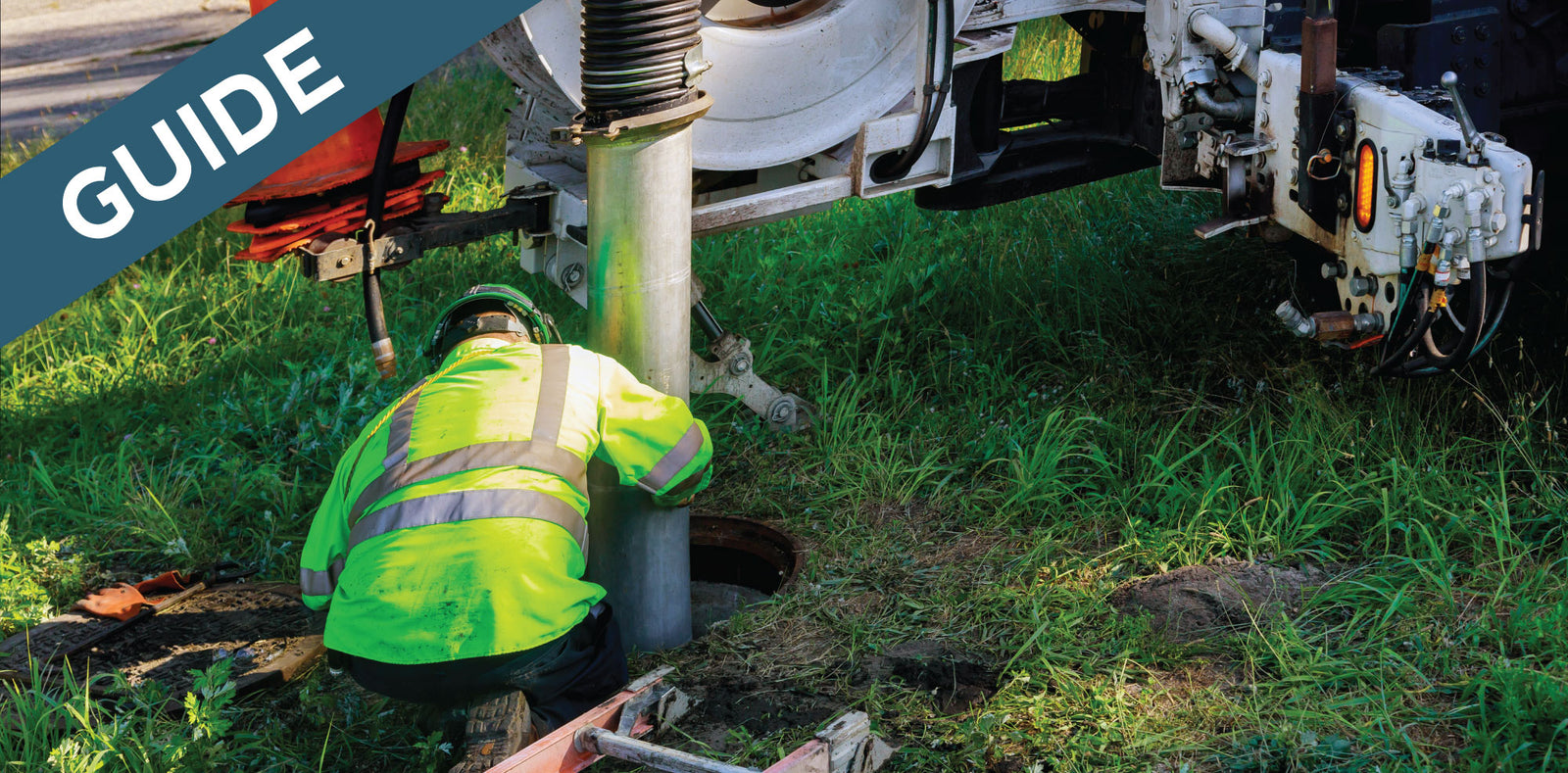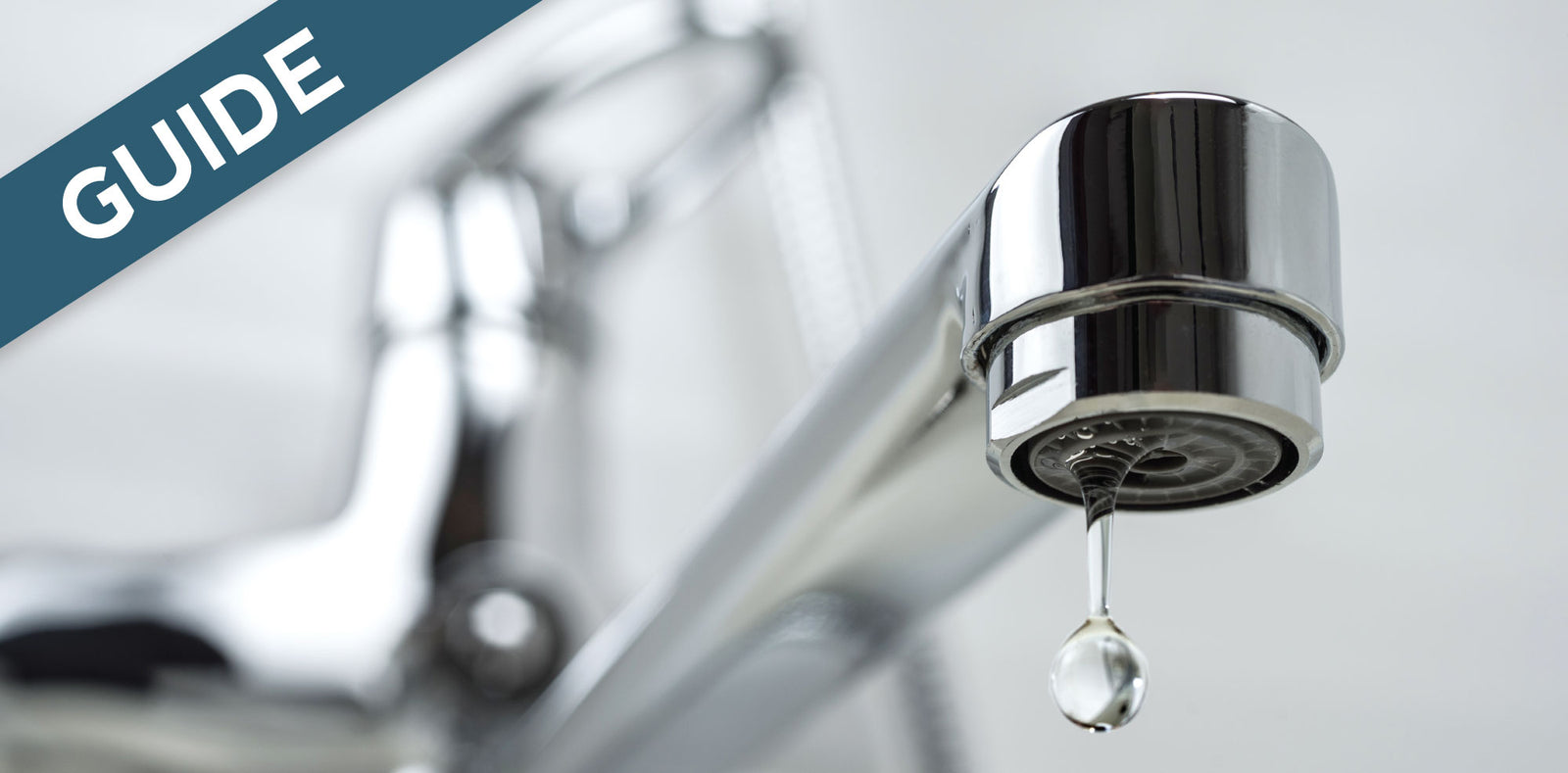September 16, 2019

Keeping your septic system running smoothly can at first seem like a daunting task. There is a lot at stake! If you don’t properly maintain your system you can end up with very expensive repairs or disgusting sewage problems, so it’s important that you do your best to avoid these pitfalls.
As with most things, once you understand how something works, it’s much easier to work with it. Before you read this article on septic system Do’s and Don’ts, you may want to learn more about [what a septic system is and how it works]. Knowing this will help complete the picture as to why the simple guidelines we outline in this article are important.
Take a little time and do your research and you will see that taking proper care of your septic system is important – but also quite easy!
To help you ensure your system continues to work the way it was intended, we’ve put together a complete list of the Dos and Don’ts of caring for a septic system, so you don’t have to stress. Here are some pointers to keep your system running at its finest.
A high-quality septic treatment will add beneficial bacteria to your septic tank. These bacteria will help break down the solid waste inside your tank so that your septic system can do its job correctly. If waste is allowed to remain solid inside your tank, the tank will fill up too quickly, requiring more frequent (and expensive) pump outs. A good septic treatment – we recommend Unique Septic System Digester - will extend the time between pump outs by breaking the solid waste down more efficiently inside your tank. Read this article if you’d like to know how a septic system works and why it’s important to break down waste.
A good septic treatment is also a crucial component to aid in the prevention of troublesome clogs and disgusting sewer backups.
Further, with the best septic tank treatments you’ll get increased solid waste digestion which will allow the wastewater to flow effectively out of your tank and into the leach field where it can perk properly and seep into the ground like it’s supposed. If you don’t effectively break up the solids, they may end up clogging your septic field and that can lead to big problems.
All in all, using a septic treatment product like Septic System Digester will help your septic system to function properly.
Eventually, your septic system will fill up with waste, and the waste will need to be physically removed. A waste pumping service can help you empty out the waste from your septic tank. Most people have their tanks pumped every 3 years, but we recommend having your system inspected to learn about the right pumping schedule for your specific system.
It is important to inspect your septic tank regularly to see where waste levels are in the tank. If a tank is allowed to overfill, waste will begin backing up into your plumbing, and (eventually) into your home! As you can see, it is important to check that your septic system is functioning properly.
Often, septic lids are buried between 4 inches and 4 feet underground. You may follow your main sewer line to your septic tank and from there use a metal probe to locate the lid. By removing the lid you can see inside your septic tank to inspect it.
One load of laundry a day is better than five loads in one day. It is crucial to give the bacteria in your tank the time they need to break down waste and drain out excess wastewater. If a tank is inundated, water can leak out at any and all openings, including your septic lid and even your household drains and toilets. This can lead to clogged pipes, spoiled topsoil, and, in general, a lot of hassle for you. So it’s important to take it easy with water usage and give your tank the time it needs to do its job.
It might be awkward, but so is a system backup. You can print some of these [handy septic system signs] to help inform your guests of your special septic guidelines.
We know it’s tempting and seemingly harmless, but flushing anything other than human waste and toilet paper can greatly harm your septic system and create all kinds of headache for you. The fact is that, while toilet paper and waste get broken down quickly by the bacteria in your holding tank, things like dental floss, contact lenses, feminine hygiene products, condoms, and antibacterial wipes won’t break down as quickly (or at all!) creating clogs and even potentially harming the environment.
These products often do the exact opposite of what you want inside your septic tank. They are designed to kill bacteria and ultimately you want bacteria (especially the right kind of bacteria!) to thrive inside your septic system. Use of these products will kill off bacteria, meaning toilet paper and waste cannot be broken down, which can lead to clogs and backups for you!
Buried under your leach field is a system of lateral lines (PVC pipes) that help to drain out wastewater from your septic tank. These lateral lines aren’t buried very deep, and heavy vehicles can easily damage your septic system by either crushing your lateral lines or compressing the soil around them until wastewater can’t properly disperse into the ground.
Similar to the previous “don’t”, planting trees and shrubs on your leach field can damage your lateral line system. The roots of trees and shrubs go deeper and are stronger than grass or wildflowers, and they can crack lateral lines.
Again, heavy structures like buildings can crush lateral lines and compress the leach field’s soil. It is important to keep your leach field clear of any large, heavy obstructions.
Solid waste buildup is the enemy of a properly maintained septic system, so why open yourself up to potential problems by using a garbage disposal that encourages you to put more solids down your drain? No matter how well you slice and dice your solids with a garbage disposal, the reality is you are introducing solid waste to your septic tank and that can lead to serious issues. It’s best just to avoid using your garbage disposal altogether. Grease is another issue because it can accumulate inside your septic tank, requiring you to pump more frequently.
Though a high-quality septic treatment will help by breaking down and reducing grease inside your tank, it’s best to try to avoid it completely. Besides your septic tank, most drain line clogs are a result of grease in the lines. The grease will accumulate and items like hair or debris will get caught in the grease, eventually building up enough to inhibit water flow through your lines.
Again, best to just avoid grease going down the drains. We hope that this list of septic system Do’s and Don’t has helped you! Please don’t hesitate to reach out to us at support@uniquemm.com if you have any further questions or if you’d like any help with your system at home. We’re always happy to help!

November 05, 2020

June 12, 2020

May 29, 2020
